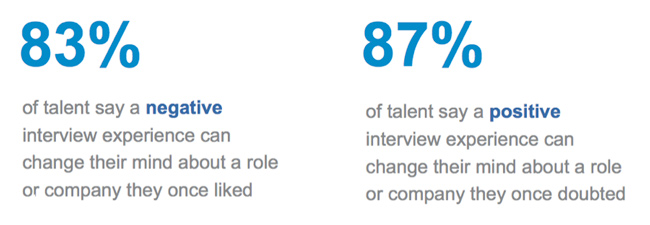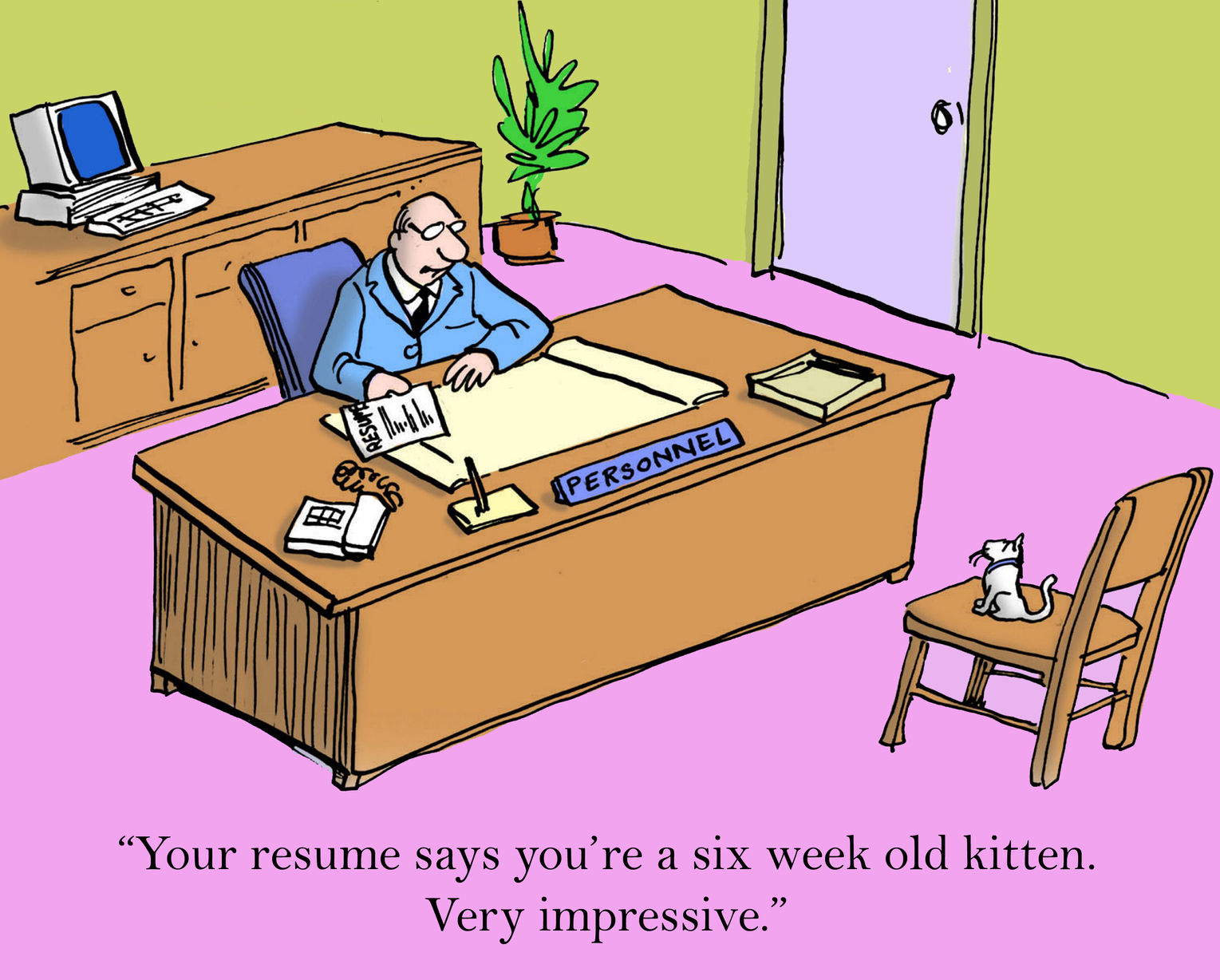The freelancer industry has been a boon for many businesses, letting them find and hire good talent for both short and long-term work when needed. But choosing the right candidate from the dozens of applicants is not going to be easy. As such, you need to have a rigorous freelancer interview process to narrow down your choices. Here are some useful tips and strategies for building and running that process.
Creating your freelancer interview questions
The first thing you will need to sort out when planning a freelancer interview is the kinds of questions to ask. While there will be a ton of niche questions to line up, you should include these essential general questions on the list.

For how long have you been a freelancer?
This question will give you an idea of how experienced the candidate is with the freelancer environment and how they fit the project setup. Experienced freelancers will already have an established work process that you need to match with your own. Meanwhile, those new to freelancing would be more flexible in adapting to your work process.
Can you explain your past projects?
Aside from gauging the applicant’s experience, this question will also give you an idea of the principles they have learned from earlier projects. You can then use these insights for your project, allowing the candidate to better adapt. They can also provide suggestions themselves based on their experience.
How did you come up with your rate?
Here, you would want to know where the applicant based their rates. Compare this with the accepted standard rates in your industry and see if theirs is reasonable. You would also want to know whether the fees include future revisions or if those would be treated as extra charges.
Why did you go into freelancing?
This might have an obvious answer but you can still get some insights on the freelancer’s work attitude based on their responses. For instance, they can expand on how the choice lets them do passion projects. Or if it is for a more pragmatic reason like being able to take care of family, it will tell you how effective they are in managing their time.
How do you measure your results?
What you want to see here is how the freelancer determines the performance indicators that they use. They could go on explaining how their methods can be applied to your project. Additionally, you can ask them how they communicate and present these results to the rest of the team.
What do you do when you miss a deadline?
The question will give you an idea on how well the candidate handles such an immediate situation. A good freelancer will have a ready communication plan to inform clients that they will miss the deadline. They should also explain some of the strategies they use to deliver after the deadline.
Writing other questions
When creating your niche-based questions, look back to the requirements you provided for the job. Write questions that would give you more information on how well applicants meet each criteria. For instance, you might want to inquire about the hardware and internet connection they have. You can also provide some situational questions to see their mettle.
You should also consider the importance of each question to your general business and the specific project that the freelancer will be working in. Depending on the situation, you can share some details of the project to them and use these as the basis for some of your technical questions. Use this idea to trim down your questions lists to only the essential ones.
Conducting your freelancer interview
When doing your freelancer interviews, you need to make the experience positive for candidates. Remember that even the more experienced ones can become nervous in front of a new client. You risk losing a potentially good candidate due to them not performing well because of that nervousness.
Them having a good impression of you even if not hired also has a positive impact on the business. A survey by LinkedIn on talent trends showed that almost 90% of applicants will change their views of companies based on the interview experience they had.

These freelancers can easily recommend you to members of their networks if they have a positive view of you. Having that access to these networks increases your chances of attracting talent from them.
Here, the first thing you would want to do is to make the applicant feel at ease. Browse their profile and look for some info you can use as an ice breaker. For instance, you can start the interview by asking them about their interests that relate to the project at hand. Once they have become more at ease, you can start asking your desired questions.
Probing applicants deeper
While you already have a set of prepared questions, you can always go beyond those during the interview proper. For example, you might find something of interest in their answers. Don’t hesitate to ask additional questions to expand such points if you think these are relevant to the job.
You also need to be honest about your expectations about the candidate. This will encourage them to provide more information in a bid to show why they are the best pick. On the other hand, encourage them to tell what their expectation of your company is. Such openness will help both parties to gauge their compatibility.

One thing that you do want to avoid doing during the freelancer interview is asking candidates whether they are interested in a permanent position. While they do like the prospect of a long-term client, many freelancers would still love the greater flexibility of the lifestyle. Only open such discussions if they hint it in the earlier parts of the interview.
After the freelancer interview
After the interview and evaluation process, you must inform applicants of the decision as soon as possible. You would also want to explain how your team arrived at the decision.

Note that you don’t have to be detailed here but you would still want to provide some salient points to those in the shortlist that were not accepted. For example, you can point out how the experience of the applicant does not match the job requirements. It would also help to provide some constructive criticisms and pointers for the candidate.
Master the freelancer interview process and hire the best talents available
The freelancer interview process outlined here will give you a good idea on how to plan and conduct yours. But you still need to remember that each candidate is different and you have to adapt your actual interview accordingly. Do that and you will be able to spot the best talent among the hopefuls.